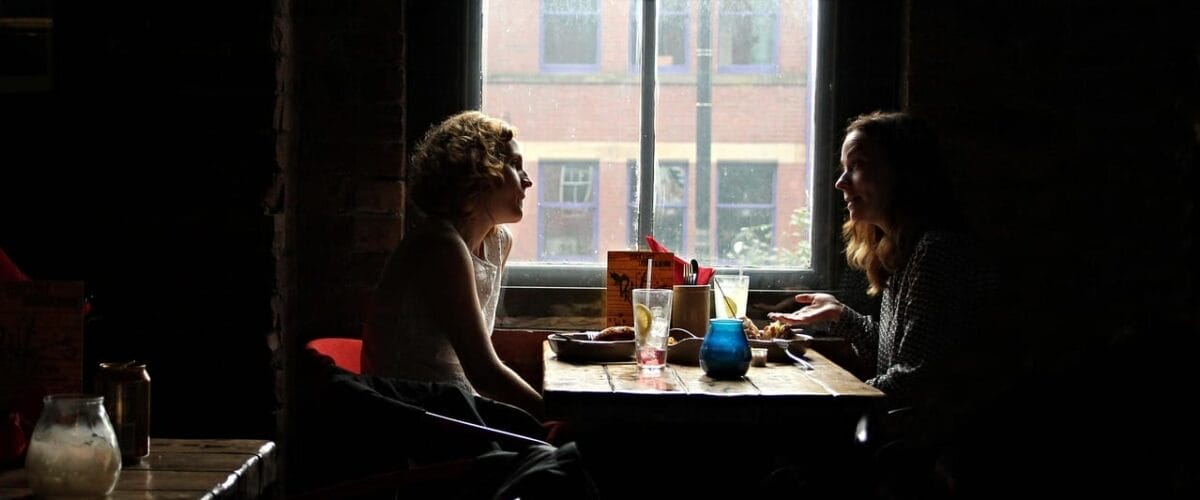The universe is mind-bogglingly huge. Like trying to comprehend a number beginning with one followed by a thousand zeros — our language begins to break down almost immediately when tasked with expressing things of such dizzying enormity. Then, of course, the very idea that black holes exist, these gravitational vortexes so powerful that they bend time and space altogether – is mind-blowing. And like the astrophysicists who make a living noodling the significance of such things, there are also scientists who ponder the physical properties of the subatomic where they theorize the existence of strings that vibrate in other dimensions – suggesting that the universe likely has many other layers. And this is but a glimpse of the wonder of reality – put in material terms.
As a writer, I’m compelled to ponder life as a lived experience, life set in the physical realm of time and space, and more specifically, I ponder how my own Christian faith confessions are lived out. So my interest over the past few years has been an ontological investigation of the underpinnings of reality, looking for the guideposts along the way that lead me into a deeper appreciation of exactly who I am in this ponderous theo-drama. In other words, I can only arrive at what makes me significant when I’ve correctly placed myself within the right context . . . believing this to be the only way reality can be intelligibly lived.
Conversely, the temptation to alter our state of mind in order to escape reality and the hardships we’d rather avoid is very strong. We recognize this clearly in the escapism of addiction and know it for the false path and illusion that it is – but not all addiction is obvious to us. There is a fine line between the idle amusements of passing distractions and our impulse compunction to remain unplugged from reality – between experiencing a world we can pretend to have some control over and the relentless, unyielding world that actually exists.
But there is a tipping point beyond the vagaries of distraction where the occasional step aside from reality becomes a lifestyle of living in a substitute reality – to assume that reality can somehow be reshaped by our existential imagination . . . teasing on the very edge of madness. It is a madness easily recognized when culturally anomalous, but when found epidemically embedded in the cultural ethos, it takes on the madness that only a gaslighting narrative can create, where a distortion of language attempts to spin delusion as if it were reality. This is how our disembodied sense of self imagines a better world . . . one created in its own image.
Unsurprisingly, playing make-believe invariably gives way to the cold hard truths of reality – the question isn’t if; it’s when. And what happens next has to do with how willing we are to give up the fictions we’ve created around our lives. Because reality always wins . . . and that’s a good thing. As Christians, when we declare that God saves us, we aren’t merely speaking of some cognitive exercise about a theological truth. We are humbly declaring that we need to be saved from ourselves – saved from the darkness of the nonsense fiction we tell ourselves so that we might step into the light of creation as God intended it. Because to be reconciled to God is to be reconciled to reality.
or you can choose the long hard wait.
Featured Image by Marcus Urbenz on Unsplash




















[…] Open the full article on the kingdomwinds.com site […]